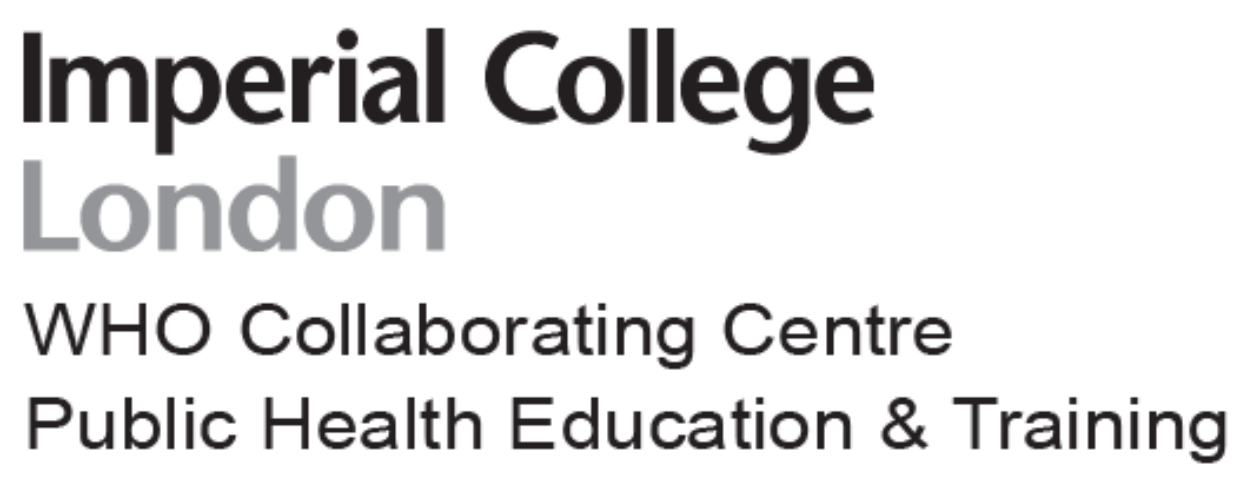Training on Leadership in Epidemic and Pandemic Preparedness and Response under the PIP Framework
Title: Training on Leadership in Epidemic and Pandemic Preparedness and Response under the PIP Framework. WHO Regional Office for the Eastern Mediterranean Cairo, Egypt 12-14 April, 2016
Content: At the request of the WHO Regional Office for the Eastern Mediterranean (EMRO), Imperial College London and it’s WHO Collaborating Centre for Public Health Education and Training (ICL-WHO CC) organized a three days bespoke intensive training tailored to develop and build the capacity of a cohort of mid-level and senior health professionals in leadership in epidemic and pandemic preparedness and response. The training on Leadership in Epidemic and Pandemic Preparedness and Response under PIP (Pandemic Influenza Preparedness) Framework was an intensive training intended to equip health professionals with the tools required to manage their selves, organisations, services they provide and health systems they work in, efficiently and effectively, with particular emphasis on epidemic and pandemic situations. The content of the training is built around the best practices observed in recent epidemic and pandemic situations as well as WHO guidance for Pandemic Influenza Preparedness and Response and aims to help participants become more effective, efficient and successful leaders in a knowledge-based health system.
This training was designed to meet the needs of mid-level and senior health managers and professionals involved in epidemic and pandemic preparedness such as director of surveillance/ disease outbreak preparedness at Ministry of Health level and WHO Country Offices in the Eastern Mediterranean Region. Participants included managers/leaders in their fields e.g. directors of surveillance or preparedness, as well as senior surveillance, disease outbreak and preparedness officials at the at Ministry of health of the seven priority PIP countries in the Region which include: Afghanistan, Djibouti, Egypt, Jordan, Lebanon Morocco, Yemen—in addition to Iraq, Kingdom of Saudi Arabia, Pakistan, Sudan and Syria.
Facilitators included Professor Salman Rawaf (Director of WHO Collaborating Centre for Public Health Training and Education - Department of Primary Care & Public Health, Imperial College); Dr Brian McCloskey (Director of Global Health, Public Health England); Dr Barry Walsh (Independent Consultant in Communicable Disease Control); Dr Gaya Gamhewage (Head of Knowledge Transfer and Training - Pandemic and epidemic Diseases Department in the Outbreaks and Health emergencies Cluster, WHO HQ); Dr Caroline Sarah Brown (Programme Manager Influenza and other Respiratory Pathogens Programme, WHO EURO); Ms Heini Utunen, (Pandemic and epidemic Diseases Department in the Outbreaks and Health emergencies Cluster, WHO HQ); Dr Bayad Abdalrahman (Consultant in Communicable Disease Control, Public Health England); Dr. Hatem Alaa Marzouk (Mental Health Advisor, Psycho-Social Services and Training Institute); and Dr Sondus Hassounah (Teaching Fellow, WHO Collaborating Centre for Public Health Training and Education - Department of Primary Care & Public Health, Imperial College)







